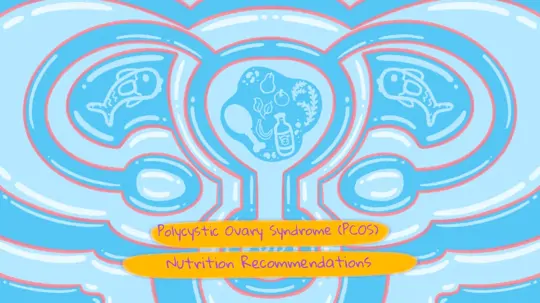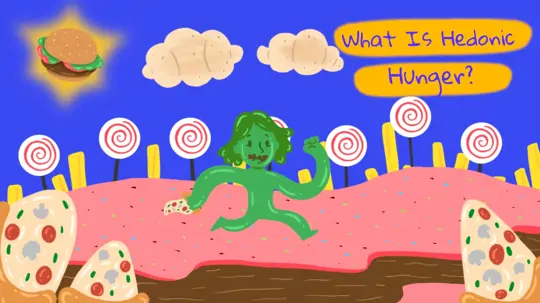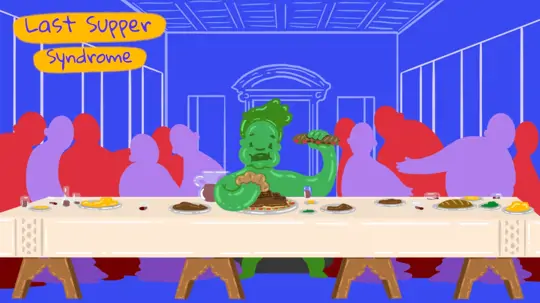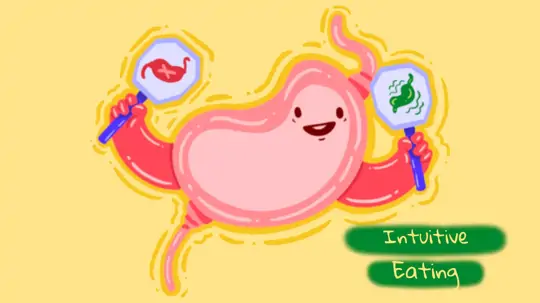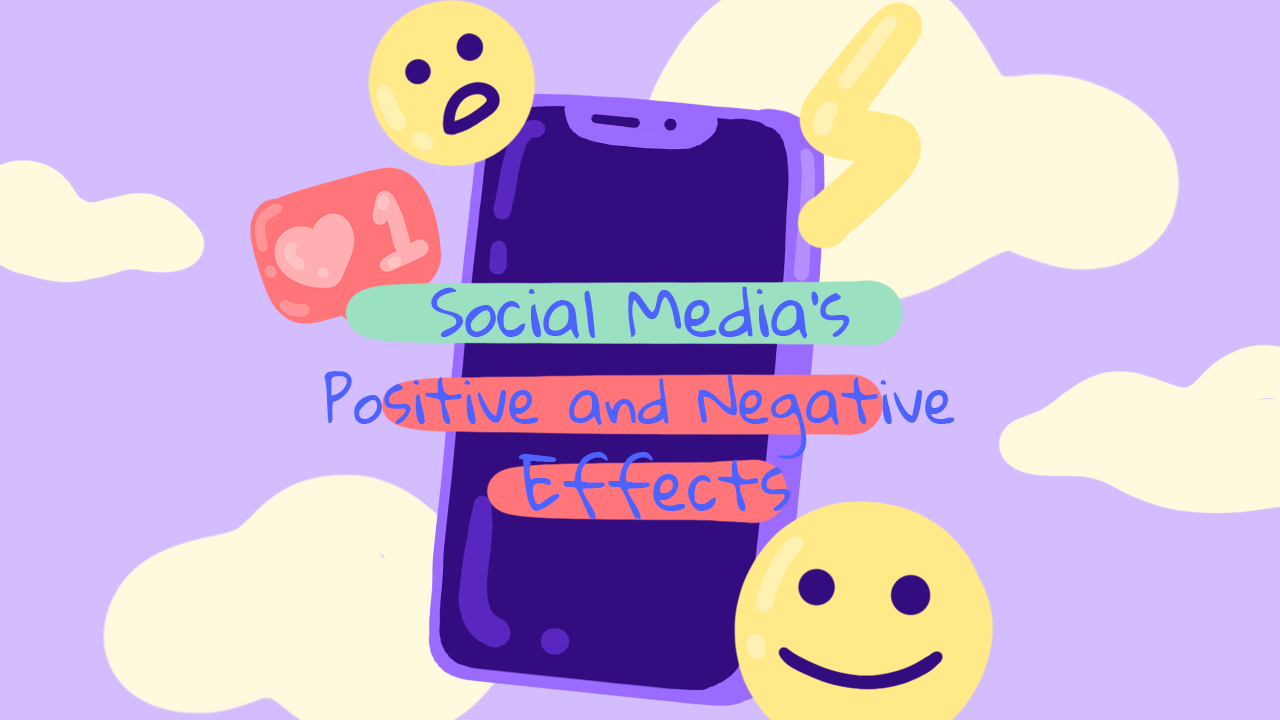
Start feeling better today!
Connect with your therapist today and take control of your life like our 850.000 happy clients.
Get StartedSocial media are interaction channels that we use to follow the developments in the world, to reach enjoyable content, to share what happens in our lives, to watch what happens in the lives of others and to just kill time from time to time, but sometimes we can spend too much time on social media, and it affects our lives badly.
Haven't there been days when you realize that the last thing you check before going to bed is social media, and the bad news you see makes you lose your sleep, or when you wake up first thing in the morning and scroll through social media, hours pass, and you still can't start your day?
Well, have you ever thought about the effects too much social media has on our mental health? Let's delve into the effects of social media on our mental health together!
Negative Effects of Social Media on Our Mental Health
Social media, especially when used excessively, can negatively affect our mental health. Below we have listed some of the factors that mediate these negative effects.
Comparing yourself to others and feelings of inadequacy
Even though we know that most of what we see on social media is made up, it can still make us feel insecure and not good enough. Even though we know that people who seem to have the perfect life and career don't really, we can't help but feel bad about ourselves and start to compare ourselves to those who seem to have better lives.
Isolation
Although social media may seem like a channel through which we interact with our environment and the world, it can cause people to become isolated from life.
The results of a study suggested that excessive social media use increases the feeling of loneliness and that reducing social media use may be beneficial for general well-being [1].
The reason why the use of social media makes us feel lonelier and more isolated may be that it reduces the time we spend face-to-face with people. Real-life connections and communication can make us feel less alone while building healthier relationships.
Fear Of Missing Out
As we see on social media, people achieve great things, have a lot of fun, and enjoy life. We feel like we're missing out on something, while others live so fully.
This thought can lower our self-esteem, trigger our anxiety, and increase our use of social media. While reading this article, if you have been distracted by any notification from your phone and you have unintentionally picked up your phone, you may have the fear of missing out.
Depression and Anxiety
The most common reason why social media use triggers depression and anxiety is that it makes people lonely and feeds the feeling of inadequacy. Even though how much time we spend on social media is a factor in depression and anxiety symptoms, the more we use social media, the more likely it is that these symptoms will start and get worse.
Cyberbullying
Today, especially young people are exposed to cyberbullying through social media platforms. Even a comment can be very hurtful to some of us and have devastating consequences. People who are cyberbullied may show symptoms such as anxiety, depression, loss of self-love, and insecurity [2].
Today, cyberbullying can affect not only young people but also adults. However, the coping mechanisms of adults may be stronger, so it is possible to say that young people are more affected by cyberbullying.
Positive Effects of Social Media on Our Mental Health
Of course, the effects of social media on our mental health are not limited to negative results. Social media also has qualities that will support our mental health for conscious users.
Connecting with people, reaching people with similar interests, raising awareness on important issues, finding the emotional support you seek from time to time, nurturing your creativity, and allowing you to express yourself more easily are just some of the positive effects of social media on our mental health. Career opportunities on social media are another factor that positively affects our mental health.
Difficulties of Reducing Social Media Use
Since social media is a channel that can be accessed 24/7, it can be very difficult for people with social media habits to not browse during the day.
Social media channels are consciously designed to draw us in even more, with visual notifications and notification sounds constantly alerting us to check our phones. The feeling of missing out, which we feel when we do not look at the notifications, can force us to check social media more. A nice comment and a high number of likes on any platform increase the release of dopamine in our brains and make us feel happy.
Thanks to this "reward," even if we know that it is harmful, we do not think about reducing our use of social media. It even encourages us to spend more time on social media. Understanding how these things work can help us control this part of our lives.
Tips for Healthy Social Media Use
- If you're worried that your social media usage is excessive, setting a limit on your screen time and not exceeding it might be a good start. If you find it difficult to set these limits daily, you can divide your usage by time of day.
- Be mindful of who you follow on your social media accounts. Unfollowing accounts that make you feel bad is a significant step you can take for your mental health. In this way, you can access quality content that inspires and motivates you instead of content that involuntarily pushes you to compare.
- Determine your purpose when entering your social media accounts. Do not look at the new content suggested by the algorithms specifically designed to increase your app use.
- If you find it difficult to escape from this world of constant stimulation once you open social media, you may consider freezing your accounts for a while and resting the reward pathways in your brain.
- Stop using your phone to rest your mind when it's close to bedtime. Put your phone away from the bed to improve your sleep quality and help you have a healthier relationship with social media.
Sources
- Naslund, J.A., Bondre, A., Torous, J. et al. Social Media and Mental Health: Benefits, Risks, and Opportunities for Research and Practice. J. technol. behav. sci. 5, 245–257 (2020).
- https://www.medicalnewstoday.com/articles/social-media-and-mental-health#the-link
